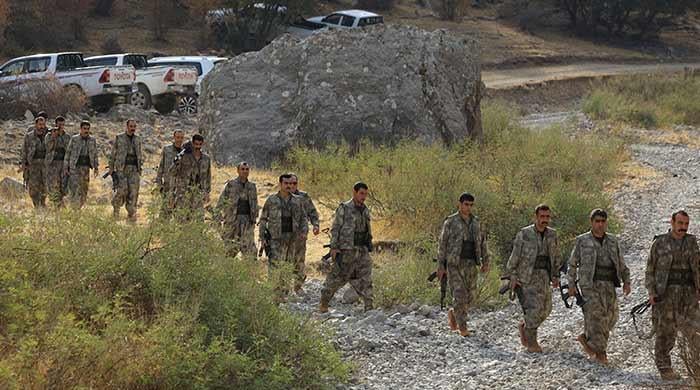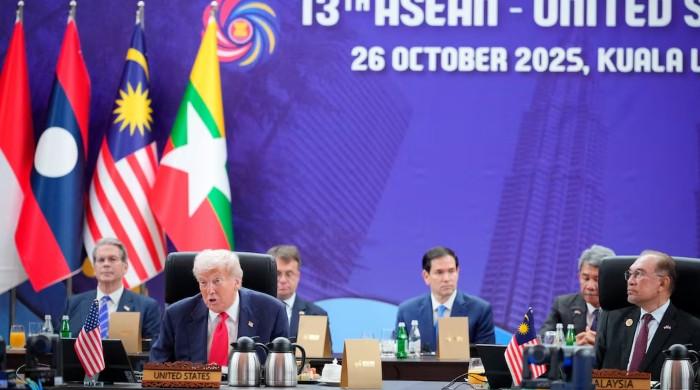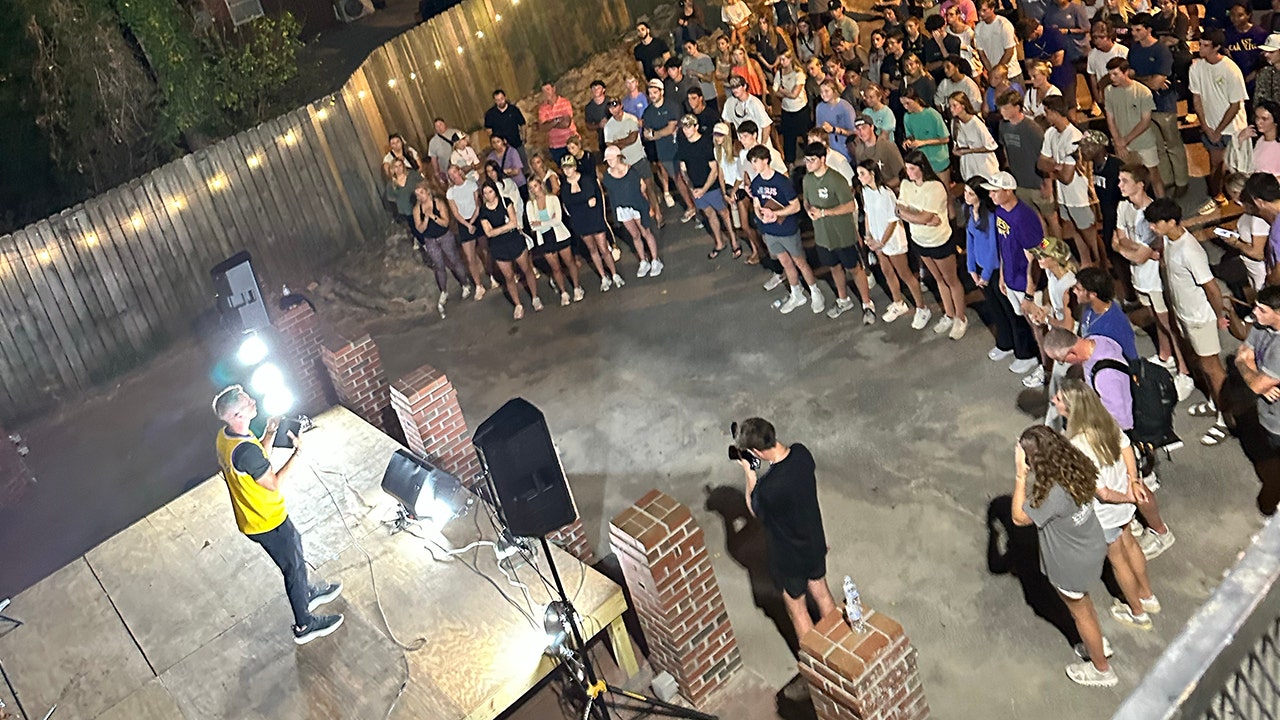The Kurdistan Workers Party (PKK) militant group said on Sunday it was withdrawing from Turkiye as part of a disarmament process being coordinated with the government, pressing Ankara to move ahead with steps allowing it to enter politics.
The PKK, which has waged an insurgency against the Turkish state since 1984, decided in May to disarm and disband after a call to end its armed struggle from its jailed leader Abdullah Ocalan. The fighting has killed more than 40,000 people.
In July, the outlawed group, which is designated a terrorist organisation by Turkiye, the US and European Union, burned some weapons in a symbolic act of good faith.
In a statement read during an event in the Qandil Mountains, the group’s stronghold in northern Iraq, the PKK said it had decided to withdraw all of its militants from Turkiye to lay the foundations for a “free, democratic and brotherly life”.
PKK seeks transition to politics
It said the step reflected the group’s commitment to the disarmament and integration process, adding that the Turkish government should now pave the way for the PKK’s transition into “democratic politics” by passing integration laws.
As a senior official read the statement aloud at Sunday’s event, about two dozen PKK fighters stood in formation, with a large image of Ocalan prominently displayed in the background.
“We are on the path to executing leader Ocalan’s peace project,” PKK spokesperson Zagros Hiwa told Reuters from Qandil.
“Therefore, the other side, Turkiye, must carry out political changes and prepare a suitable environment for the project to be implemented,” Hiwa said.
President Tayyip Erdogan’s communications director, Burhanettin Duran, hailed the withdrawal announcement and said the government wanted to achieve lasting peace and security.
“This new step is a positive development in terms of the goal of the PKK laying down its weapons with all its elements,” Duran added in a post on X.
The PKK has been based in northern Iraq after being pushed well beyond Turkiye’s southeastern frontier in recent years. Turkiye’s military carries out regular strikes on PKK bases in the region and has established several military outposts there.
Over the years, the PKK’s goals shifted from seeking an independent state to seeking greater Kurdish rights and limited autonomy in mainly Kurdish southeast Turkiye.
Turkiye says it protects Kurdish rights but that it will not allow separatist moves.
The end of NATO-member Turkiye’s conflict with the PKK could have consequences across the region, including in neighbouring Syria, where the US is allied with Syrian Kurdish forces that Ankara deems a PKK offshoot.





